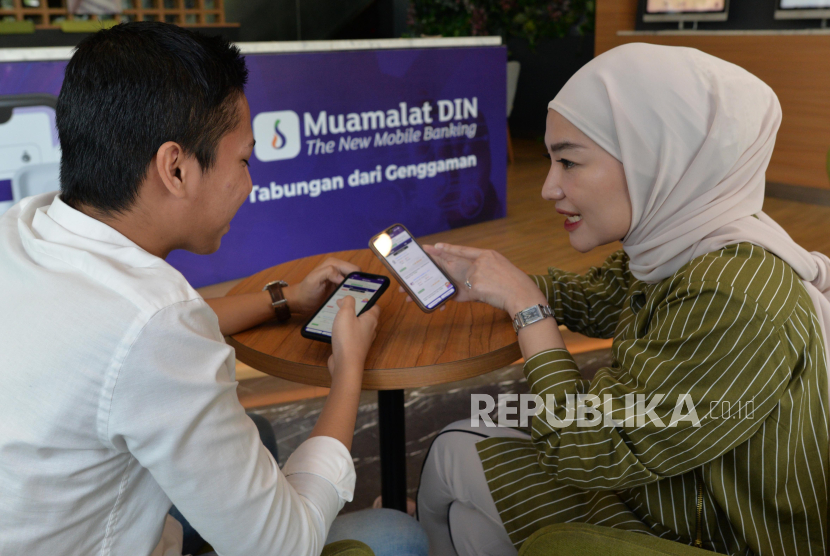REPUBLIKA.CO.ID, JAKARTA -- Chairman of PP Muhammadiyah and Vice Chairman of the General Assembly of Ulama Indonesia (MUI) Anwar Abbas responded about the merger or merger of Bank Muamalat Indonesia (BMI) with BTN Syariah. According to him, the plan should not be continued.
That's because, he said, BMI doesn't belong to the government. Although Haji Financial Management Agency (BPKH) has become the dominant shareholder of the sharia bank. As is known, when BMI faced problems, the government encouraged BPKH to invest in BMI to save.
“But this does not mean that BMI is already a government-owned bank, because the BPKH fund invested in BMI is not a government fund but a fund owned by the Ummah,” Anwar explained in an official statement quoted Saturday, (20/1/2024).
Therefore, he said, in the future BMI should be maintained in order to remain with its paradigm of the people, belonging to the people, with the people, and for the people. He mentioned that there are several considerations why the merger plan of the above two entities should not proceed.
“First, so that the legacy of our previous fathers who worked hard to establish this bank (BMI) remains alive to serve as a spirit and a lesson for the present generation. Then those who are to come will also be able to do something meaningful and meaningful for the people and the nation,” he said.
Secondly, he continued, MUI also wants, amid the competition of the banking world in this country where the majority of people are Muslim, to remain private banks that belong to the Ummah. Therefore, in dealing with this BMI problem, in the future it is expected that the approach used will not only use economic and business calculations, but also pay attention to and preserve history.
“The purpose and purpose of establishing this bank is that we want Muslims to have a bank based on Sharia principles. It is hoped that it will be able to help the economy of the people, especially enterprises located in the MSME group, especially small, micro and ultra micro enterprises, which account for 99 percent of all business actors in the country, which have been systemically marginalized by the existing banking system,” explained Anwar.
He is grateful that the bank belonging to the Ummah or BMI has been realized even if it has not been as desired. Even so, he said, it does not mean that it should be merged with BTN Sharia bank or any other bank.
“Our task now is no longer to think about how to merge it with BTN Sharia or other banks, but how we can jointly advance and raise it,” he stressed.
He added that it is necessary to take steps to achieve this goal.
Among these, it mobilizes various elements of the community to jointly engage in advancing and raising BMI. He mentioned that in Indonesia there are many Islamic mass organizations (ormas). The country also has many mosques, schools, colleges, hospitals and businesses owned by the people that can be driven for it.
“This will certainly be easy to do because with the entry of BPKH funds into BMI even though it is only about one percent of the total Hajj funds it manages. We see that people's belief in BMI now seems to be getting stronger and increasing,” Anwar said.


